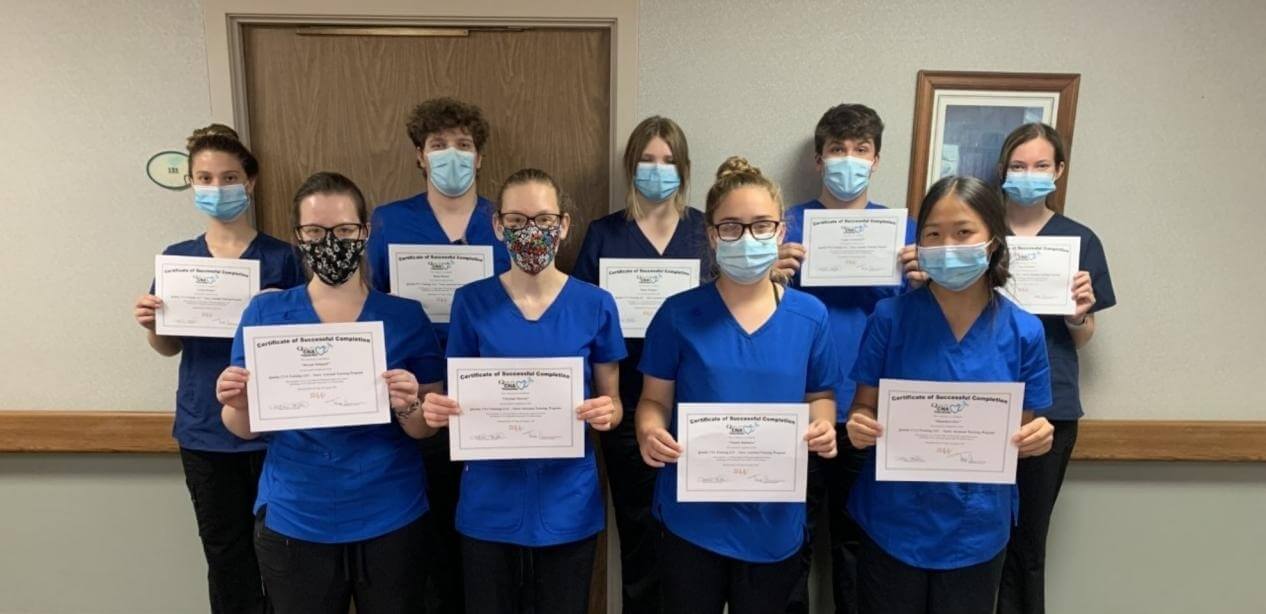How CNA courses can be your first step toward becoming a registered nurse
A career in nursing can be extremely rewarding, both emotionally and financially. For many nurses pursuing a career in healthcare, starting with a certified nursing assistant (CNA) course may be the ideal entry point. CNA courses provide the foundational skills, knowledge, and experience needed to excel in the healthcare field. As for why you should choose a CNA course to become a registered nurse, there are a few things to consider
1. What skills do CNA courses provide?
CNA courses provide students with basic clinical and interpersonal skills that are essential in nursing. Students gain hands-on experience in tasks such as:
Assisting patients with activities of daily living (such as bathing, feeding, and mobility)
Monitoring vital signs (such as blood pressure, pulse, and breathing)
Communicating effectively with patients, families, and the healthcare team
These foundational skills are not only essential to the CNA role, but also serve as a solid foundation for future registered nurse (RN) training. Many RN programs build on these core competencies, providing CNA graduates with a significant advantage as they transition into advanced nursing roles.
2. How is a CNA program different from other nursing certifications?
Unlike some other entry-level certifications, CNA training emphasizes hands-on experience in a real healthcare setting. Many CNA programs require clinical work in a hospital, nursing home, or assisted living facility. This immersive experience helps students:
Understand the daily responsibilities of a healthcare provider
Develop professional clinical etiquette and patient care skills
Build confidence in handling a variety of medical situations
Real-world exposure often gives CNA graduates a clearer picture of their career goals and prepares them for the more complex demands of the RN role.
3. How much does a CNA program cost and how long does it take?
Compared to traditional nursing degrees, CNA programs are typically shorter and more cost-effective. Most CNA programs can be completed in 4-12 weeks, allowing students to quickly enter the workforce. The lower tuition combined with the potential to earn money while gaining experience makes CNA programs an attractive option for those seeking a cost-effective way to enter the nursing profession.
For individuals who want to become registered nurses, starting out as a CNA can provide them with an opportunity to save for future education while gaining valuable industry experience. Many healthcare organizations also offer tuition assistance or education reimbursement programs for employees who want to advance their careers.
4. What is the Future of CNA Programs
CNA can open the door to a variety of career opportunities. Many CNA graduates transition into more specialized healthcare roles such as patient care technicians, medical assistants, or even licensed practical nurses (LPNs) before ultimately becoming RNs. CNA experience can help professionals:
Gain insight into healthcare systems and protocols
Build professional relationships with mentors and colleagues in the nursing field
Enhance their resume with proven patient care experience
Many RN programs value CNA experience because it reflects a dedication to the field and familiarity with healthcare environments. Some nursing schools may even offer credit transfer or accelerated pathways for individuals who have earned their CNA certification, shortening the time it takes to earn an RN degree.
How to apply for CNA courses and pass the relevant certification
You can search for relevant terms on the web, which can help you quickly get to where you want to go. If necessary, you can start here. Of course, all of this is for you to pass the CNA course certification as soon as possible and obtain the relevant certification certificate. You can try it, research the certification courses in your area, and start your journey to become a healthcare hero!


